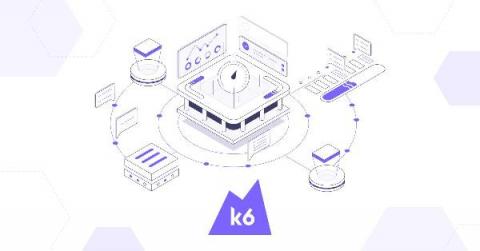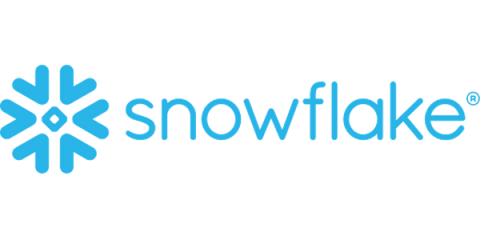A real-world introduction to event-driven architecture
An event indicates a state change: that something has happened. This ‘something’ could be a hardware sensor reading that passes a threshold, or a software event from game logic, or user input such as a keystroke or mouse click. Events are used to signal to interested parties that a state change occurred.











